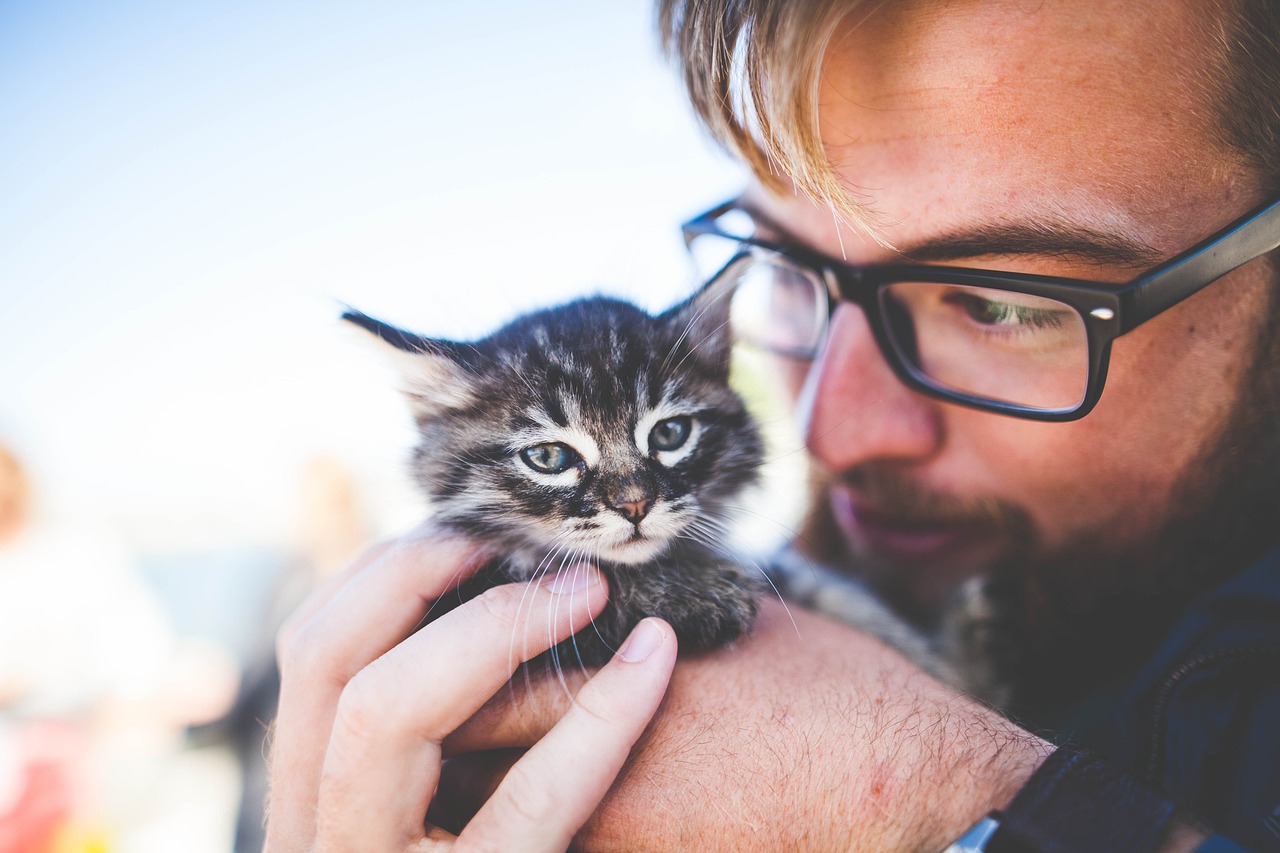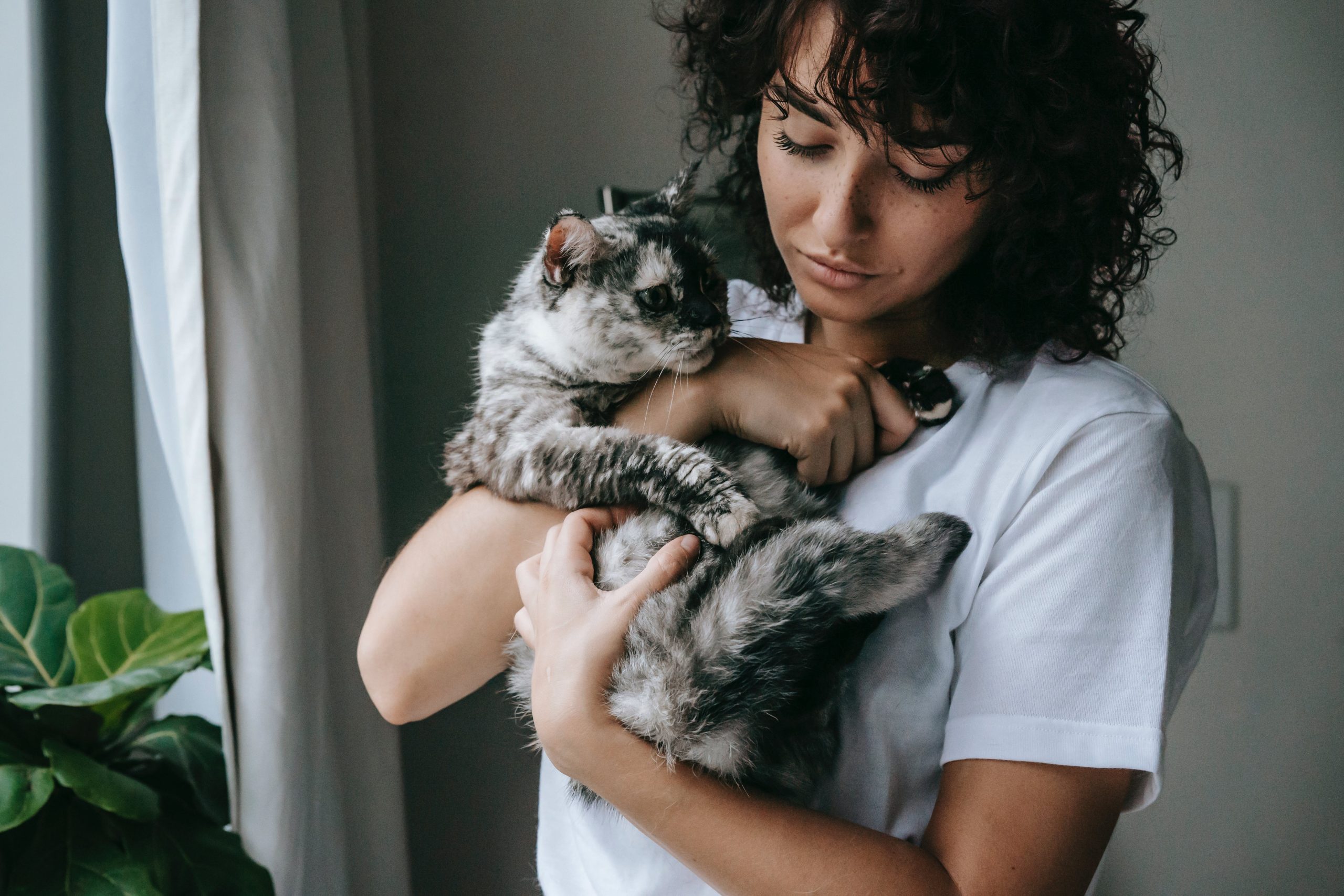Cats, often perceived as independent and self-sufficient creatures, have their unique ways of expressing affection and, indeed, their feelings of longing when their human companions are away. While they may not demonstrate their emotions in as overt a manner as some pets, the subtle signs of a cat missing its owner are unmistakable to those who know what to look for. These behaviours are rooted in the deep bond formed between felines and their humans, a connection that is as emotional as it is based on mutual benefit and companionship. Understanding how cats show they miss us when we’re away not only deepens our appreciation of their complex emotional landscape but also helps us recognize and respond to their needs for affection and security. This article explores five distinct behaviours that cats exhibit to communicate their feelings of missing their human companions, shedding light on the often misunderstood depth of feline affection.

1. Excessive Vocalization
When a cat misses its owner, one of the most noticeable signs can be an increase in vocalization. Cats use their voices as a tool to express a range of emotions, from contentment to distress and everything in between. A cat that meows more frequently or plaintively in your absence is attempting to call out for you, echoing the calls they would make to communicate with their kin in the wild. This behaviour can vary greatly from one cat to another, with some becoming veritable chatterboxes, filling the silence left by their departed human with long, drawn-out meows, while others may emit soft, questioning chirps as if searching for a response. This vocal expression of longing is a direct appeal to their human companions, a way of asking, “Where are you?” and expressing their discomfort with the change in their routine and social structure. Understanding and recognizing this behaviour as a sign of missing their humans can help owners provide reassurance and comfort to their cats, even when preparing for future absences.
2. Clinginess or Over-attachment Upon Return
A cat’s sudden spike in clinginess or over-attachment upon an owner’s return can be a clear indicator of how much they’ve missed their human companion. After being away, you might find your cat unusually insistent on being close to you, following you from room to room, sitting on your lap more often than usual, or even sleeping with you when they might not have done so before. This behaviour reflects their desire to reaffirm the bond and ensure their companion isn’t going to leave again soon. It’s as if they’re making up for lost time, soaking up every moment they can get with their owner. This need for constant physical proximity is a cat’s way of expressing relief at your return and a desire to re-establish the sense of security and comfort they associate with your presence. For cats, physical closeness can reinforce social bonds and provide a sense of protection and well-being that was missed in your absence.
3. Changes in Eating Habits
Cats are creatures of habit, especially when it comes to their eating routines. A significant change in this routine, such as a decrease or increase in appetite, can be a sign of emotional distress, including the feeling of missing their human. In some cases, cats may eat less while their owner is away, either due to stress, and anxiety, or simply because eating is a social activity for them, and they miss the companionship of their human at meal times. Conversely, some cats might overeat or indulge in food more than usual, using eating as a comfort to soothe their feelings of loneliness. Monitoring these changes in eating habits can provide insights into your cat’s emotional state and help you take steps to reassure and comfort them, possibly by establishing a more predictable routine or finding ways to make mealtime a comforting, stress-free experience even in your absence.
4. Uncharacteristic Aggression or Withdrawal
A change in behaviour, such as uncharacteristic aggression or withdrawal, can be a sign that a cat misses its owner. Cats that are typically social and outgoing may become reclusive, hiding more than usual or avoiding interaction with other pets or people in the household. This withdrawal can be a sign of sadness or depression linked to the absence of their favourite human. On the other hand, a cat may display aggression, such as hissing, swatting, or biting, as a form of expressing their discomfort or anxiety over the changed dynamics in their environment. These behavioural changes are important signals that a cat is struggling with the absence of their owner and finding it challenging to cope with their emotions. Recognizing these signs allows owners to take steps to ease their cat’s distress, whether through extra attention and reassurance when they are around or by providing a more enriched and comforting environment when they have to be away.
5. Increased Grooming Behavior
Cats may also show they miss their owners through increased grooming behaviour, either grooming themselves more than usual or engaging in what is known as “allogrooming” if there are other pets in the household. Excessive grooming can be a self-soothing activity for cats, a way to calm themselves in the face of stress or loneliness. Additionally, if a cat attempts to groom their human more frequently upon their return, it can be a sign of affection and a desire to re-establish a close bond. Grooming is a social activity for cats, a way of caring for and connecting with those they feel close to. When directed at their human, it’s not only a sign of affection but also a way of marking their human as “theirs,” reaffirming the social bond that they’ve missed.
Cats have subtle but profound ways of showing they miss their owners, including increased vocalization, changes in attachment behaviour, alterations in eating habits, shifts towards aggression or withdrawal, and changes in grooming behaviours. These signs reflect the depth of the bond between cats and their humans, showcasing a range of emotions from anxiety and stress to affection and longing for reunion. Understanding these behaviours allows cat owners to better support their feline friends, ensuring they feel loved, secure, and comforted, even in their owner’s absence. Recognizing and addressing these signs of missing their human can strengthen the bond between cat and owner, enhancing their mutual understanding and companionship.

